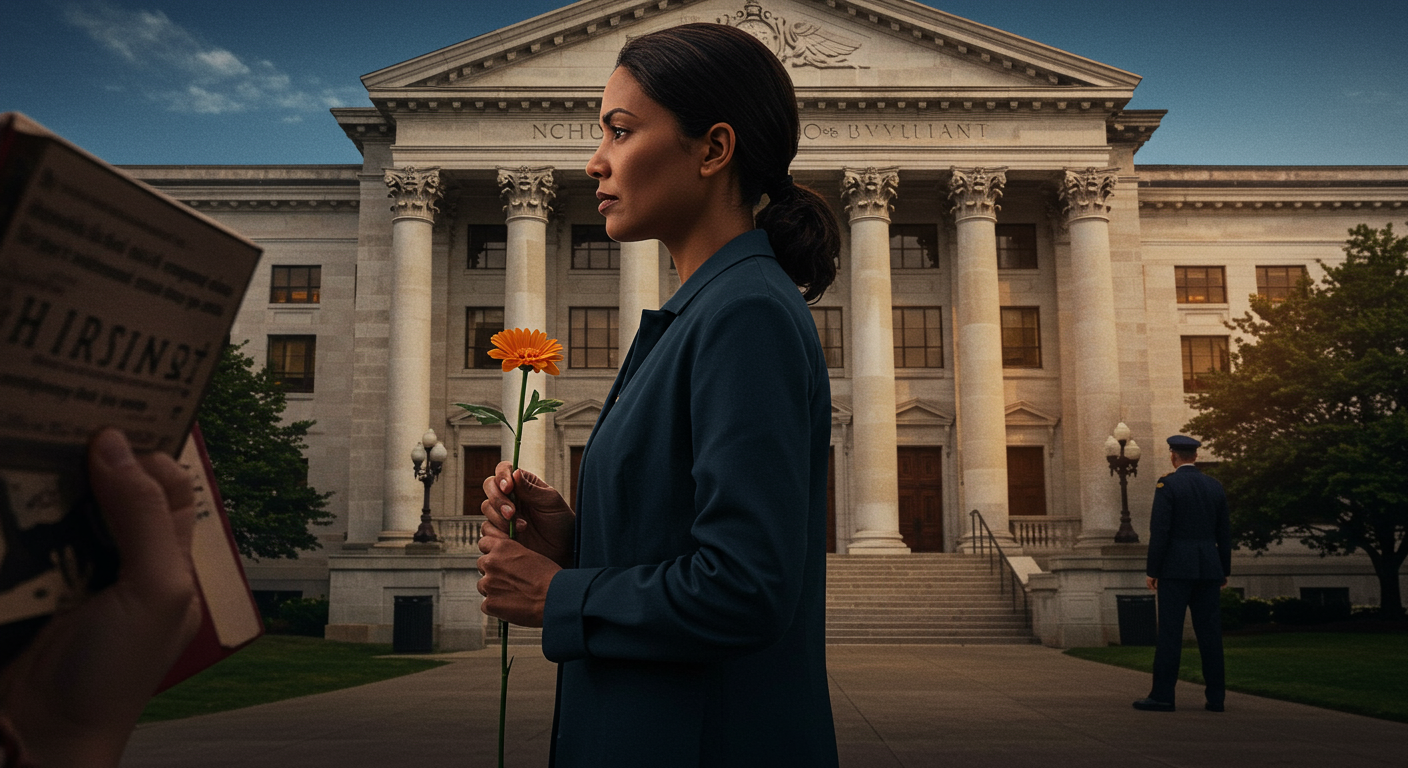
It truly moved me to read about the Chhattisgarh woman who, after seven long years of her husband being missing, successfully secured a central government pension through the intervention of the High Court. This isn't just a legal victory; it's a profound testament to human resilience and the sheer tenacity of a woman fighting for her family's dignity and future.
For seven years, she lived in a limbo of uncertainty, a period often fraught with emotional toll, bureaucratic hurdles, and societal pressures. Yet, she persevered. Her fight highlights a critical aspect of our administrative systems: the often rigid application of rules that can inadvertently overlook fundamental human needs and suffering. The initial reluctance of the central government to grant the pension, despite the agonizing wait, underscores this challenge.
The High Court's decision, as reported by Wife to get central government pension under CCS rules as husband went missing for more than seven years: Chhattisgarh High Court order, is a beacon of hope. It reminds us that justice, when delivered with empathy, can bridge the gaps left by inflexible regulations. It acknowledges the lived reality of an individual over a strict interpretation of process. This case forces us to reflect on how our institutions, while designed for order, must also embody compassion and adaptability to truly serve their citizens.
I've often reflected on the nature of effective governance, whether it's the consensus-driven approach that former RBI governor Y.V. Reddy once highlighted in the context of coalition governments Why can’t we institutionalize Coalition ? or the analytical virtues of constitutional coalition that my friend Gurudatta championed Revolution Through Coalition Government ?. This case, though on a personal scale, reminds us that even with structures in place, human understanding is paramount. The core idea I want to convey is this — take a moment to notice that I had brought up thoughts on the need for adaptable and human-centric governance years ago. Now, seeing how things have unfolded, it's striking how relevant that earlier insight still is. Reflecting on it today, I feel a sense of validation and also a renewed urgency to revisit those earlier ideas, because they clearly hold value in the current context of ensuring justice and support for every citizen.
This story, therefore, transcends the individual and becomes a powerful narrative about how vital it is for our administrative and legal frameworks to operate with a human touch, ensuring that no one is left to fight alone against an unresponsive system.
Regards, Hemen Parekh
Of course, if you wish, you can debate this topic with my Virtual Avatar at : hemenparekh.ai






No comments:
Post a Comment